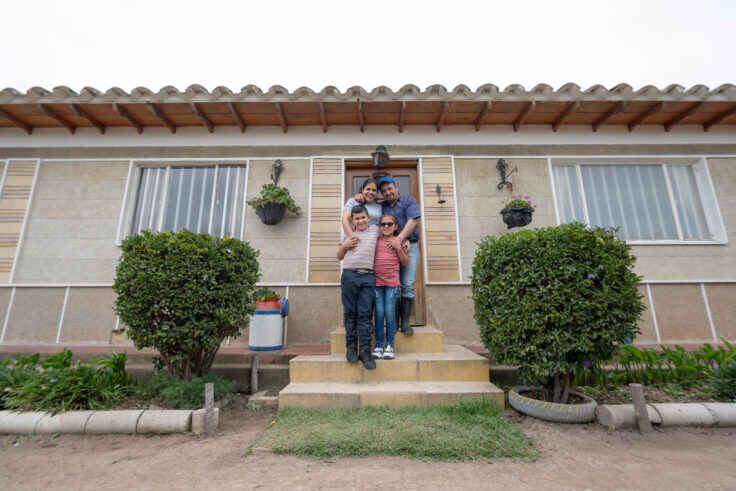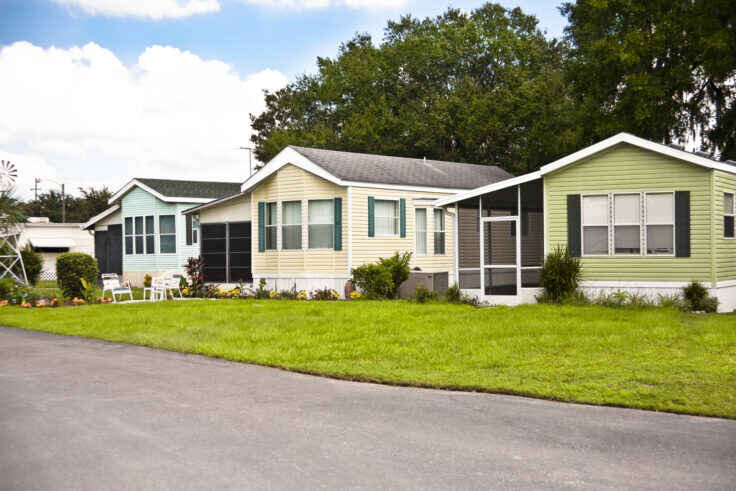Housing Matters: Legal and Policy Approaches to Preventing Housing Instability
Overview
1:00 – 2:30 p.m. ET | March 25, 2021
Eviction has damaging health consequences that can last lifetimes, or even generations. Families grappling with housing uncertainty experience physical and mental health challenges, from elevated rates of childhood and chronic disease and mortality, to stress, depression, anxiety and suicide. Those who lack stable housing are more likely to experience homelessness, unemployment, substance use, food insecurity and interpersonal violence. Housing instability makes it difficult for residents to invest in their homes, relationships and neighborhoods; and where health-supportive connections have already been made, eviction can disrupt the fabric of entire communities. Nationwide, Black and Hispanic renters in general, and women in particular, are disproportionately threatened with eviction and disproportionately evicted from their homes. Attend this webinar to learn about state and local legal approaches to preventing eviction and its devastating public health consequences.
View/download the Presentation Slides
By attending this webinar, you will:
- Understand eviction and housing instability as a public health problem that both causes and exacerbates existing health problems, erodes communities, and drives health inequities.
- Learn about key state and local legislative approaches to preventing eviction, homelessness, and housing instability, including Eviction Diversion Programs, the right to counsel for tenants in landlord-tenant matters, voucher programs, and limiting public access to eviction-related court records.
Moderator:
- Kerri McGowan Lowrey, JD, MPH, Deputy Director/Director of Grants & Research, Network for Public Health Law – Eastern Region Office
Presenters:
- Delaney Anderson, MSW, JD Candidate 2021, University of Maryland Carey School of Law
- Kyle Keraga, JD Candidate 2021, University of Maryland Carey School of Law
- Mollie Soloway, JD Candidate 2021, University of Maryland Carey School of Law
You may qualify for CLE credit. ASLME is an approved provider of continuing legal education credits in several states ASLME will also apply for CLE credits in other states upon request. An email from ASLME regarding CLE credits will be sent to attendees following the webinar.



